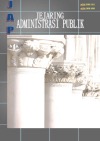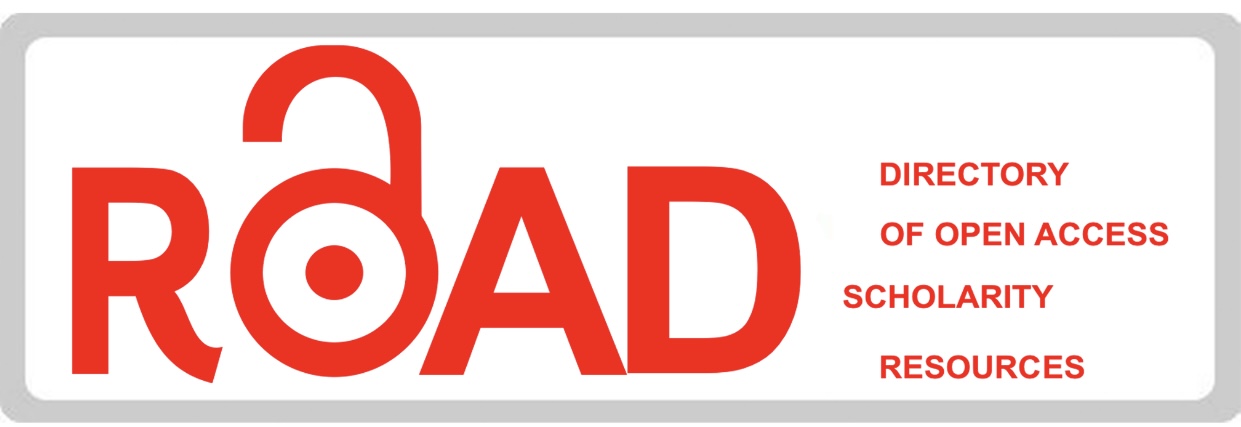Analisis Kebutuhan Pelatihan untuk Pengembangan Kompetensi Pelaku UMKM (Studi di Lembaga Perekonomian Nahdlatul Ulama Pamekasan)
Downloads
This study aims to analyze the training needs for competency development of MSMEs assisted by the Lembaga Perekenomian Nahdlatul Ulama Pamekasan. This research uses an interpretative qualitative descriptive design based on applied research. Research data were obtained by in-depth interviews and the use of secondary data in the form of documents. Informants consisted of LPNU Pamekasan administrators and assisted MSMEs. The interviews were then transcribed and analyzed by organizing the data, reducing the rough data, presenting the data (display data), and interpreting the results and drawing conclusions. The results of this study reveal that there is a lack of competence of MSME actors and requires training content consisting of aspects of marketing, production and financial management. The training delivery method can be done in the form of online training, informal discussions, and workshops.
Keywords: MSMEs, training, competency, training needs analysis
Ahmad, M. (2010). Peran Lembaga Perekonomian Nahdlatul Ulama (Lpnu) Dalam Perkembangan Umkm Berbasis Syariah. Al-Iqtishad: Jurnal Ilmu Ekonomi Syariah, 2(1), 1–34. https://doi.org/10.15408/aiq.v2i1.2471
Anderson, G. (1994). Model for Training Needs Analysis. Journal of European Industrial Training, 18 (3), 23–28. http://search.proquest.com.ezaccess.libraries.psu.edu/docview/ 215395483/abstract
Anuradha, T. S., & Ramesh, H. N. (2020). Training as an Effective Tool for Developing Performance of MSMEs- An Empirical Evidence. Shanlax International Journal of Management, 7(3), 82–88. https://doi.org/10.34293/management.v7i3.1630
Blanchard, P. N., & Thacker, J. W. (2006). Effective training - systems, strategies and practices. In Training Design. Pearson.
Creswell, J. W. (2007). Qualitative Inquiry and Research Design: Choosing among five approaches (2nd ed.). Sage Publications, Inc.
Denby, S. (2010). The importance of training needs analysis. Industrial and Commercial Training, 42(3), 147–150. https://doi.org/10.1108/00197851011038132
Jatmiko, L. D. (2021). Pengguna Internet Tumbuh Melesat, Bisnis Pusat Data Ketiban Berkah. https://teknologi.bisnis.com/read/20210906/101/1438739/pengguna-internet-tumbuh-melesat-bisnis-pusat-data-ketiban-berkah
Kristina, A. (2017). Model Training Needs Analysis Untuk Membentuk Perilaku Inovatif Sdm Industri Kecil Sepatu Di Jawa Timur. EKUITAS (Jurnal Ekonomi Dan Keuangan), 14(4), 434. https://doi.org/10.24034/j25485024.y2010.v14.i4.2184
Nazli, N. N. N. N., Sipon, S., & Radzi, H. M. (2014). Analysis of Training Needs in Disaster Preparedness. Procedia - Social and Behavioral Sciences, 140, 576–580. https://doi.org/10.1016/j.sbspro.2014.04.473
Kemenko Perekonomian. (2021). UMKM Menjadi Pilar Penting dalam Perekonomian Indonesia.
Rikku, R., & Chakrabarty, N. (2013). Training Needs Analysis: A Case Study of Loco Pilots. Procedia - Social and Behavioral Sciences, 104, 1105–1111. https://doi.org/10.1016/j.sbspro.2013.11.206
Tim Kebijakan Peningkatan Kapasitas Ekonomi Sekretariat TNP2K Indonesia. (2020). Pemetaan Program Pemberdayaan Usaha Mikro, Kecil, dan Menengah (UMKM). http://tnp2k.go.id/download/62816Buku_Pemetaan Program Pemberdayaan Usaha Mikro, Kecil, dan Menengah (UMKM).pdf
Copyright (c) 2022 Jejaring Administrasi Publik

This work is licensed under a Creative Commons Attribution-ShareAlike 4.0 International License.
All articles submitted by the author and published in the Jejaring Administrasi Publik are fully copyrighted to their authors under the Creative Commons Attribution-ShareAlike 4.0 International License. The formal legal aspect of journal publication accessibility refers to the Creative Commons Attribution-ShareAlike (CC BY-SA).

















